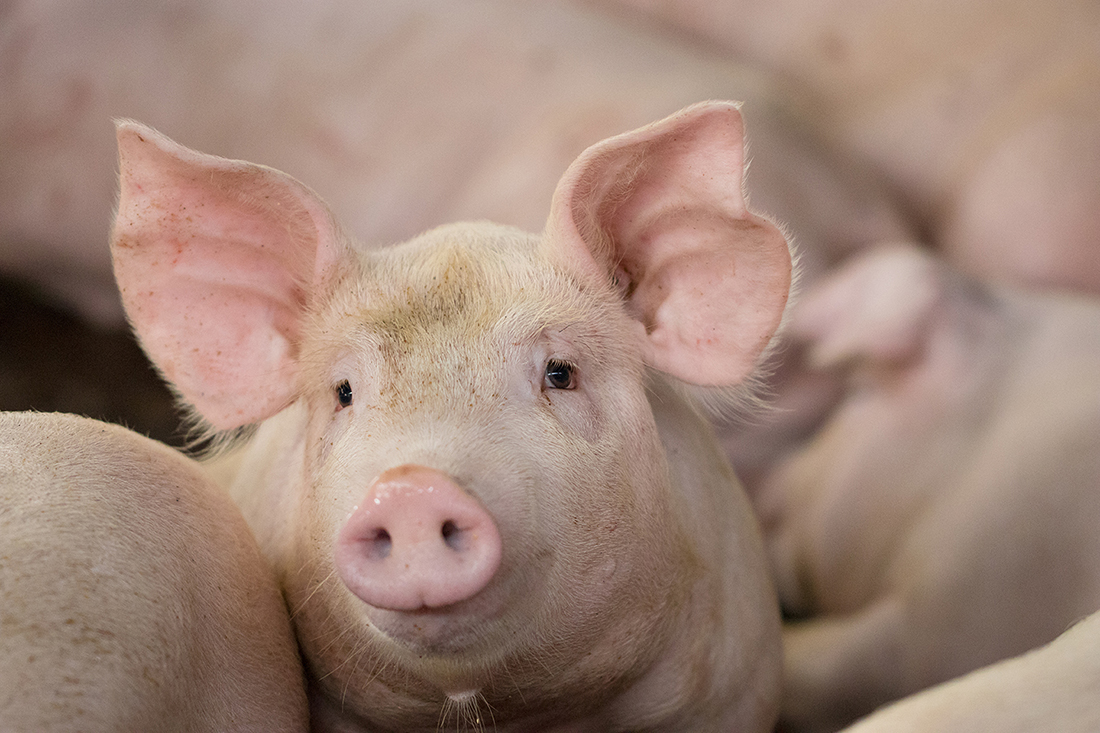Many hog producers in the Thompson-Okanagan region are without a processor after Salmon Arm’s Rocana Meats suddenly closed in August.
“It has been really, really hard for producers in that area. It couldn’t have come at a worse time,” says Small-Scale Meat Producers Association executive director and project manager Julia Smith. “Most people are finishing their hogs this time of year. You can’t book them in anywhere else. Everywhere else is booking at least a year out now. So, it’s put people in a really terrible situation.”
Smith doesn’t believe any producers received advance warning. Slaughter dates were cancelled abruptly, prompting some producers to seek on-farm slaughter licences as an alternative.
“We’ve had at least two of our members scrambling to get their farmgate licences set up so that they can slaughter their hogs,” Smith says. “[But] the limits aren’t high enough to process all their hogs. So, this is really just a stopgap measure.”
Others are looking to exit the industry.
Because of increased feed and fuel costs, Smith says Rocana’s closure could “be the final nail in the coffin for a lot of producers.”
“My feed costs have gone up 40% over the last three years and I buy in bulk,” she says, noting that smaller producers who don’t buy in bulk face higher prices and now face higher transport costs.
“Having to haul long, long distances to get your pigs slaughtered on top of that, I think we’re just going to lose a lot of producers over this,” she says.
While not an immediate fix, Ronnie Keely of Kam Lake-View Meats Ltd. in Kamloops, is feeling inspired to grow the butchery sector. He’s fresh off his trip to Sacramento earlier this month to participate in the World Butchers’ Challenge.
“Hopefully it will bring more people into the trade to see that you can go pretty far,” Keely says of the challenge. “I’ve been able to travel across Canada multiple times and train with the team. It opened up a lot of opportunities and it just adds a whole new aspect and level to the trade, it just seems like Canada kind of looks at it lower than where it should be looked at.”


 Peace heifer shot, butchered
Peace heifer shot, butchered